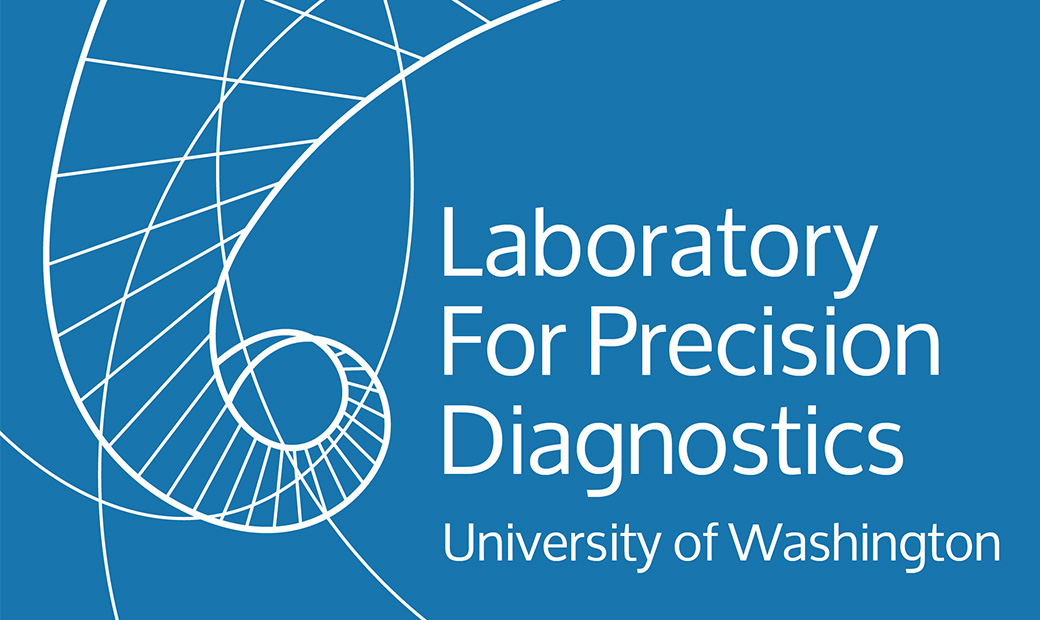Genes
Genes expressed in fibroblasts
Test Guide
It is now clear that missense and synonymous variants within exons and some intronic variants can affect pre-mRNA splicing. While predictive programs can identify alterations in splice enhancers and suppressors and creation or deletion of recognition sequences, they are poor at determining if they are used. In addition, it is difficult to determine the splice outcomes of variants that affect canonical splice acceptor and donor sites, which may affect assessments of the clinical outcomes. Thus when genomic sequencing identifies a variant that may affect pre-mRNA splicing or a variant that is predicted to be pathogenic at the molecular level but the nature and abundance of abnormal mRNA splice products are unknown, it is important for clinical decision making and management to determine the effects through functional studies. Because these studies are generally unavailable the CDL now offers mRNA splicing studies of genes that are included in our test menu and are expressed in dermal fibroblasts.
The sample requirement is two T25 flasks of near confluent dermal fibroblasts. We do NOT accept skin biopsies. Please inform our lab genetic counselor (Dru Leistritz, MS, CGC, phone: 206-543-5464, dru2@uw.edu) in advance before submitting cells for splicing studies. The turnaround time will depend on the complexity of the splice outcome but should fall in the range of 3-5 weeks.
Methodology
Procedure: Cultured fibroblasts are grown to sufficient numbers. RNA is isolated from the cells in the presence and absence of cycloheximide (CHX), a drug that inhibits protein translation and helps stabilize mRNA species that contain premature termination codons (PTCs). Complementary DNA (cDNA) is synthesized and the region of interest amplified by PCR with coding sequence primers alongside a normal control. The amplification products are examined by polyacrylamide gel electrophoresis. Abnormal products are excised from the gel, reamplified, and sequenced.
Specimen Requirements
Two T25 flasks of near confluent dermal fibroblasts. We do NOT accept skin biopsies.
Special Instructions
Please inform our lab genetic counselor (Dru Leistritz, MS, CGC, phone: 206-543-5464, dru2@uw.edu) in advance before submitting cells for splicing studies.
Clinical information outlining the indication for the requested tests and pertinent medical history and family history is a necessary component of testing. Please include a clinic note when available.
CPT Code & Cost
81479$1500
